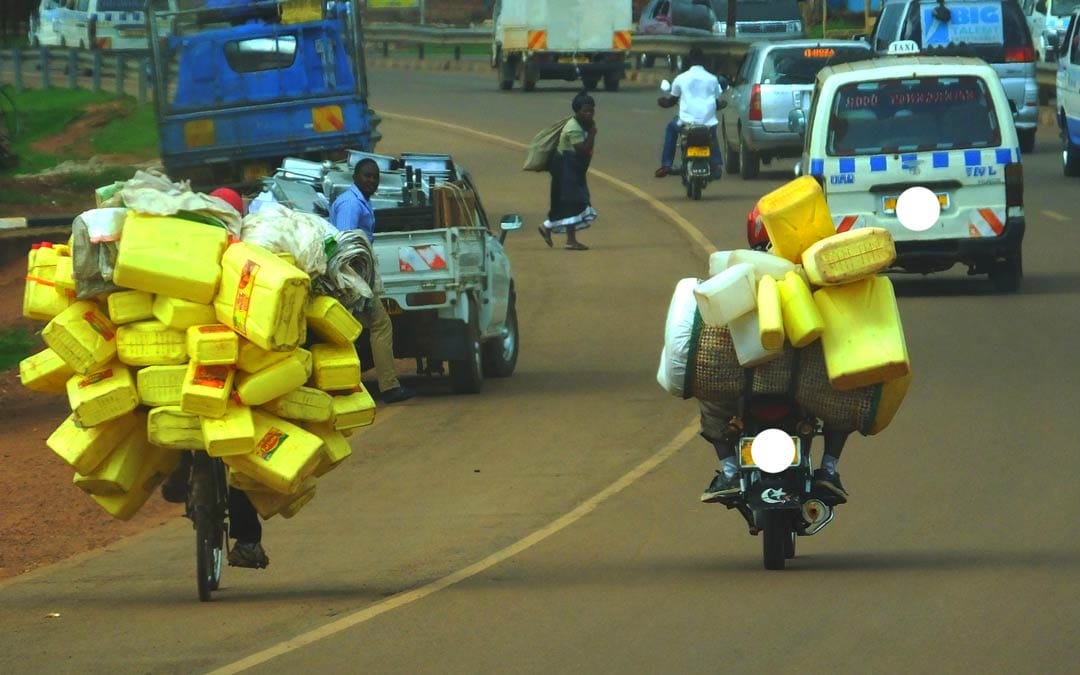
At almost every Boda Boda stage, in taxis, and even in casual conversations at work or home, these common refrains are ever-present: “The government has failed us,” “Foreigners are exploiting our resources,” or “Our leaders are corrupt.” Of course, these statements aren’t entirely baseless, but constantly pointing fingers at external factors has created a culture of blame that stifles both personal and national growth. Which is why many find it’s time to shift this narrative and recognise that while external challenges exist, real change starts with individual responsibility.
True, Uganda faces its fair share of systematic issues—reports of corruption, poor governance, limited job opportunities, and our history of colonial exploitation have undeniably shaped many of the struggles Ugandans face today, however, according to a report by Twaweza, over half of Ugandans believe they are poor because of laziness, while 16% attribute it to bad luck. Only 11% blame unemployment and 29% cite social injustices. This, to me, reflects a mixture of self-perception and societal realities. Ugandans blame their poverty on bad luck.
Sure, these factors play a role in many Ugandans’ life…I have faced some of them myself, but focusing solely on them creates the illusion that we are “powerless to change our circumstances.” yet in truth, many Ugandans have risen above these systemic challenges through hard work, innovation, and resilience. If they can, why can’t the rest of us? What is the negative side of the blame game anyway?
The problem with the blame game
Blaming others for our problems might offer temporary comfort, but it does little to solve them; I mean, sure one can easily say that it was the neighbour that did what, but that blame shift will not fix whatever was broken. Worse, it perpetuates a cycle of inaction. When we constantly externalize our struggles, we rob ourselves of the opportunity to find solutions within our control.
In the political arena, for instance, blame politics is a rather common ploy. Leaders deflect accountability, and in the end, citizens become disillusioned that their voices don’t matter.
This culture of blame is rather discouraging, if no one will own up to their mistakes, how then will they be fixed and problems solved? In the end, it paints the picture that certain matters are left unattended to, an “invisibility cloak” wrapped around them like no one is noticing them.
While it’s true, Uganda’s challenges are multifaceted, there are countless areas where individual and collective actions can make a difference. How?
Work Ethic and Mindset: Are we committed to excellence in our daily lives? Whether running a small business, working in an office, or farming in the village, taking pride in our work can drive meaningful change. Instead of dismissing certain jobs or waiting for ‘better’ opportunities, why not excel in what’s available?
In many cases, a Ugandan fresh out of university will dismiss available blue-collar jobs, arguing that “this is not what I studied for!” but when unemployment hits such an individual, is it anyone else’s fault that they have failed to sustain themselves? Or perhaps a negligence and poor attitude to the employment game? After all, Life after University Demands Practical Skills in Ugandan Education.
Civic Participation: We blame our leaders, but how often do we hold them accountable? Civic engagement isn’t just about voting every five years; it’s about staying informed, participating in community meetings, and advocating for transparency and accountability. Democracy isn’t a spectator sport; you have to be involved. Before you cry for enlisted outside help, how have you helped yourself?
Cultural Attitudes: The culture of blame has become deeply ingrained in our society, one can safely say it is an innate human tactic to shift blame for survival—even a child will easily resort to blaming someone else rather than owning up to mistakes.
Shifting this mindset requires self-reflection and a collective commitment to change—recognizing that while external factors exist, our responses to them are within our control.
On that note, Uganda’s challenges are real, but so is our potential. Continuously blaming others may offer temporary solace but it doesn’t pave the way for results.
Written by Muwanguzi Enoch M.